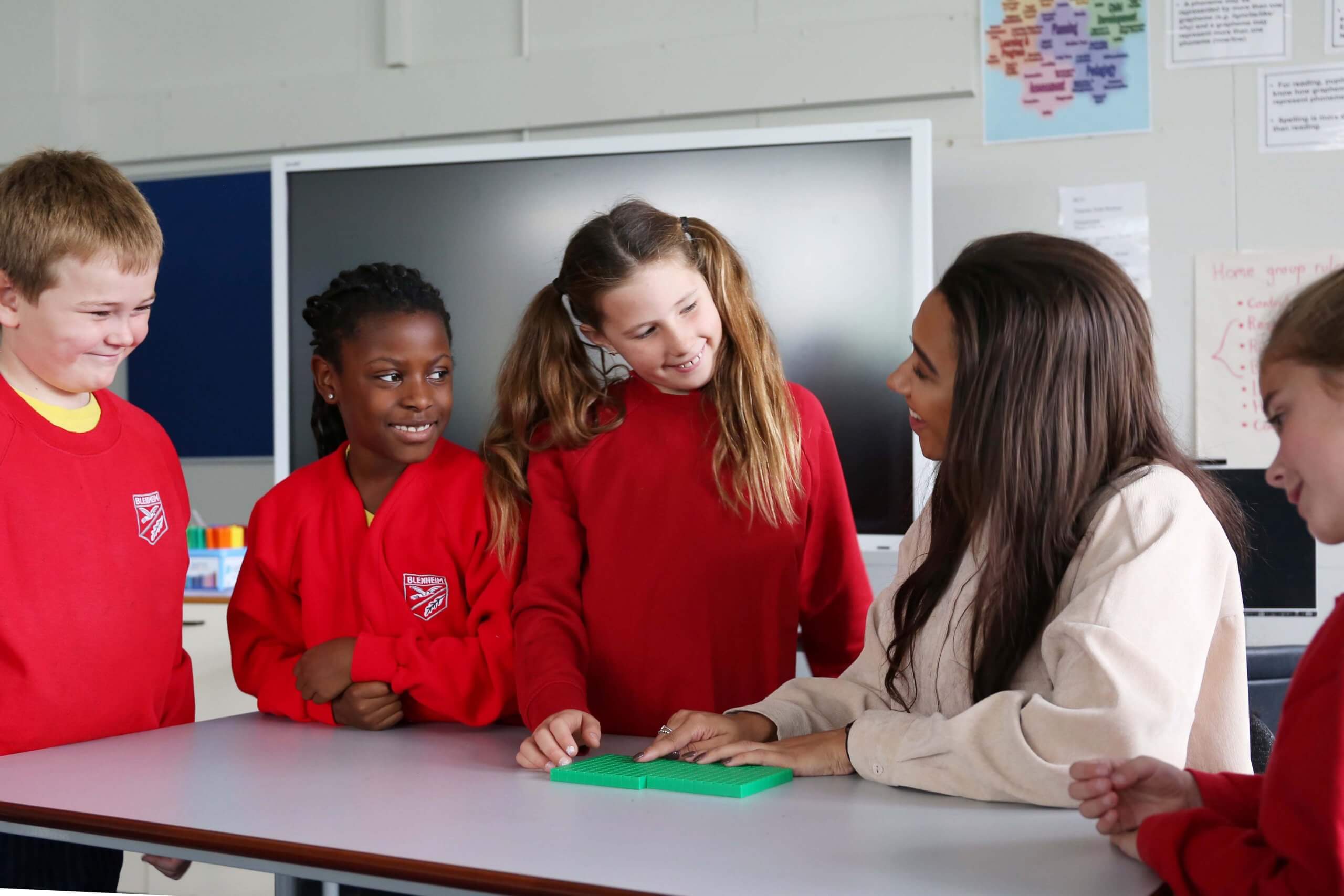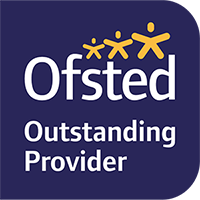Events

BEYOND COVID 19: FINDING NEW NORMS FOR CHILDREN’S WELLBEING
Wendy Cobb asks if the current lockdown conditions could change the way we support emotional wellbeing in classrooms.
It is easy to knock the newly launched online Oak National Academy and all credit to David Thomas for making it clear from the start that its aim is not about replacing schools: ‘We don’t have relationships with children…We’re not in children’s communities and don’t know their situations. We’re not the right people to try and support their wellbeing – only their schools can do this’
Routine is important for wellbeing. The Academy’s online schedule of albeit currently limited classes may help teachers and children to establish routines and, as Thomas hopes, ‘free up time for [teachers] to support their pupils’ wellbeing without burning themselves out’.
We are all attempting to establish our own routines in these strange times. My current new norm is a mindful 5000 steps before breakfast (350 lengths of my hall through the kitchen and into my dining space as I mull through what the routine for the rest of the day will be) interspersed with various other attempts at keeping fit. Primarily this is to counteract the hearty meals I have been preparing daily since my youngest grown up son got stuck in lock down with me and my husband.
A general norm for most people seems to be that we have all become better at listening. Our traditional first English greeting has always been, ‘How are you?’. Now, though, we seem to mean it. We wait to hear the response, are truly joyful to hear, ‘I’m fine thank you’ and worry if there is a pause at the other end.
For some time now, I have been recommending to our trainee teachers to introduce a form of ‘How are you?’ as a genuine question to their students in their classrooms in some way every day and in every lesson. For instance, a simple hand rating works well at enabling the teacher to scan the class quickly and to connect with children that are clearly not their usual norm, whether that be excitedly happy, tired or clearly anxious. I also encourage them to ask the same question of themselves; to recognise their own emotions and the impact this may have on their relationships in the classroom.
At this challenging time almost every email, phone call, webinar or media programme ends with, ‘Take care, stay safe’ or something similar. Just like the greeting ‘How are you?’, we usually mean these sign- off words too, because we are all taking care and hoping that our own families and friends stay well.
Sadly, however, not all children, parents or teachers are safe at home and when school communities finally do return we need to be very mindful of that. We will also need to support teachers to manage this transition for all back to a new but hopefully very different norm. A norm where positive relationships are central to everything we do, where community is about real meaningful connectedness and where the diversity of learning that has been happening in homes, including the resilience and creativity of the many vulnerable and disadvantaged, both children and adults, is valued and rewarded.
So, thank you Oak National Academy teachers for providing an optional norm and for being honest about what the Academy is and what it isn’t. This isn’t school, parents aren’t home schooling and whatever school is like when it finally does return, here’s hoping that it is both a very different norm and the dawn of a new kind of education.
Wendy Cobb is the Academic Lead at Essex and Thames SCITT and a Senior Lecturer in Faculty of Education at Canterbury Christ Church University.
